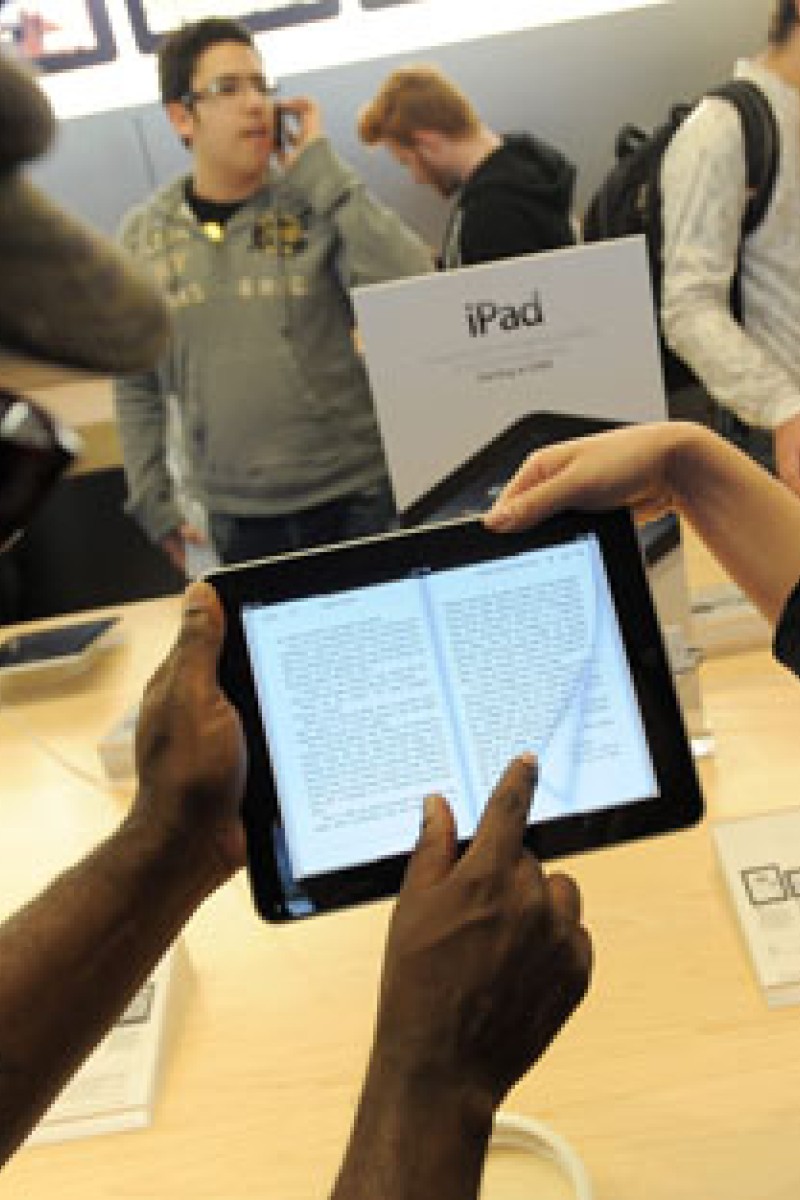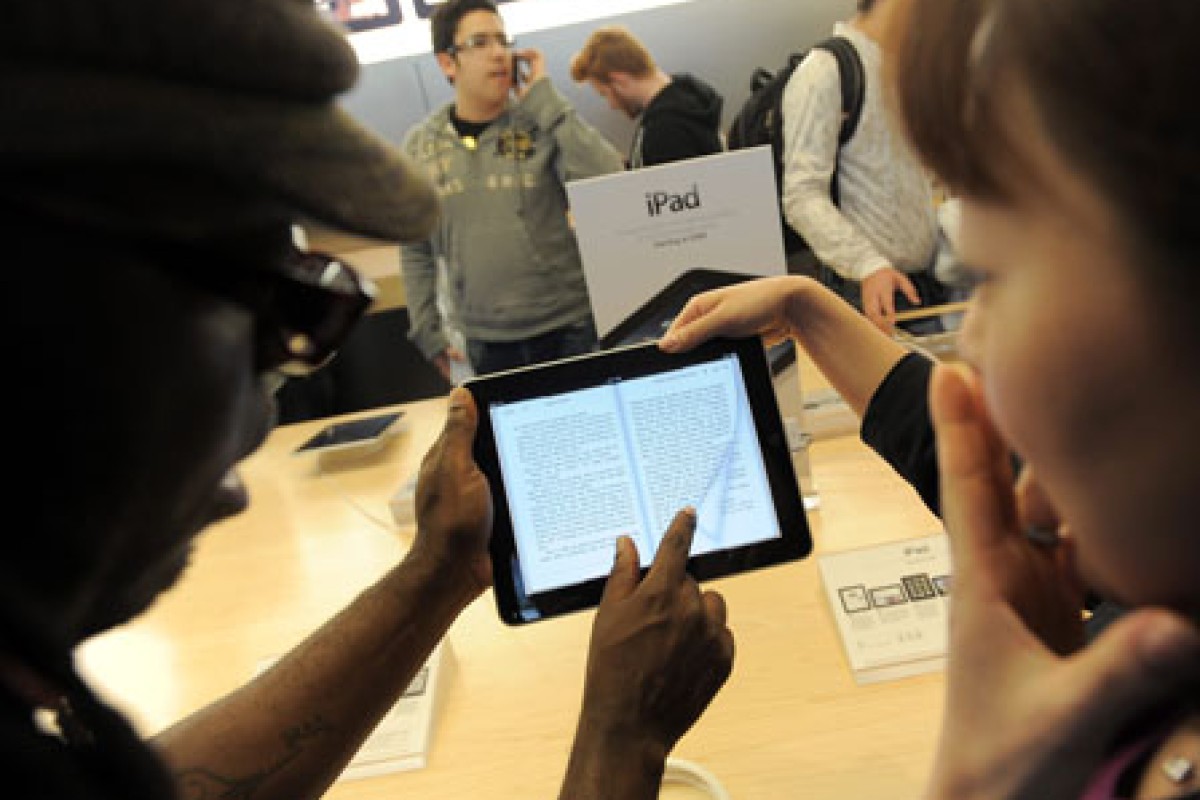
 iii
iii
| By George Jones, Renaissance College |
The iPad has been out barely a month, yet it's one of the few products that has created a level of hype that would put celebrities or politicians to shame.
The iPad is not the first world's first tablet computer - even Apple made some more than 10 years ago under the name Newton MessagePad. But it is believed to be the start of a "revolution" - one that will change how consumers interact with media and technology.
But Apple isn't a stranger to hype like this. The iPod has dominated the portable music player market since its release in 2001. In 2007, Apple launched the iPhone, which made it a major player in the mobile phone industry.
The iPad has polarised consumers and critics alike. Weighing about 700 grams, it has a curved aluminium back and a simple front - just a 9.7-inch multitouch screen and Apple's now iconic "home button".
On one hand, the product is a beautiful, minimalist creation. On the other, it has been criticised for resembling the iPhone and iPod Touch too much.
Likewise, its operating system has been criticised for the same reason - it runs on the same software as the iPhone.
Criticism doesn't stop there. Apple touts the iPad as "the best way to experience the Web", yet the device lacks one of the internet's main standards - Adobe's Flash Player. Many websites use Flash in some form or another. The lack of it results in a broken experience that completely contradicts Apple's claims. There have also been complaints about its patchy wireless signals.
Despite all the problems, what the iPad can do it can do very well. Early reviews have praised its ways of presenting information and media. Its large screen makes viewing photos and videos a much more enjoyable experience compared to the iPhone.
The iPad has also been positioned by Apple as an e-book reader and has been strongly backed by publishers for that purpose - threatening the hold of Amazon's Kindle.
All signs seem to suggest the iPad having similar success as the iPod and iPhone. Its problems are bound to be dealt with in future models.
Numerous companies, such as JooJoo and Hewlett-Packard, are planning to release similar products. It would be safe to call the iPad a revolution - one that has created its own market of touch-based devices between laptops and smartphones.
<!--//--><![CDATA[// ><!-- PDRTJS_settings_1809833 = { "id" : "1809833", "unique_id" : "default", "title" : "", "permalink" : "" }; //--><!]]>